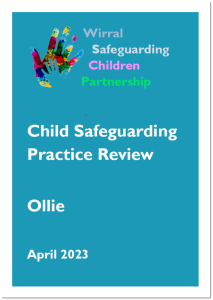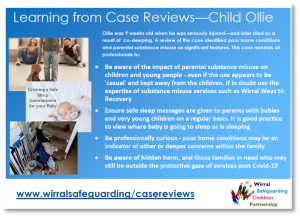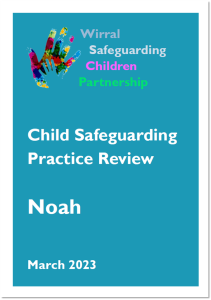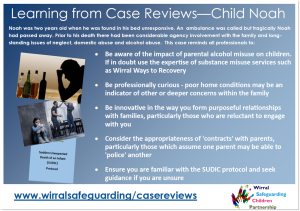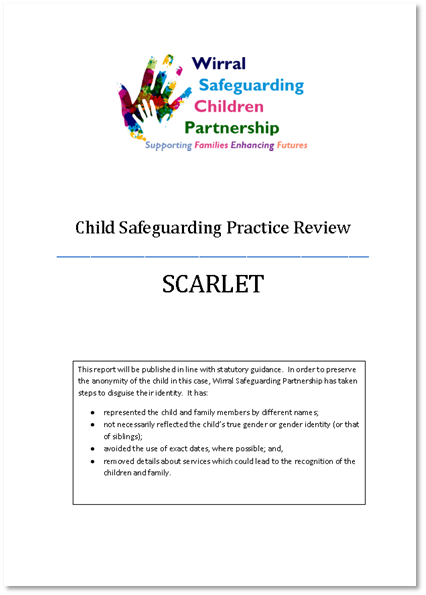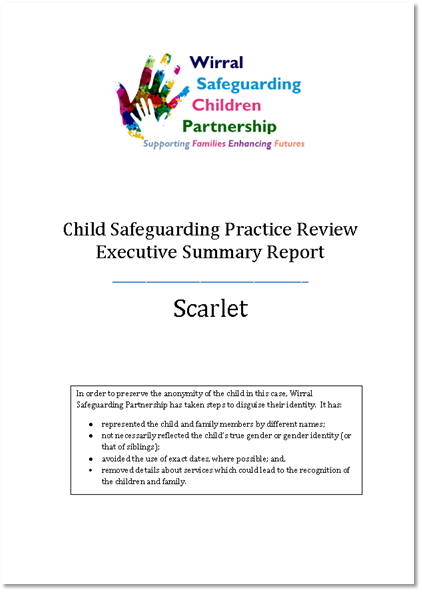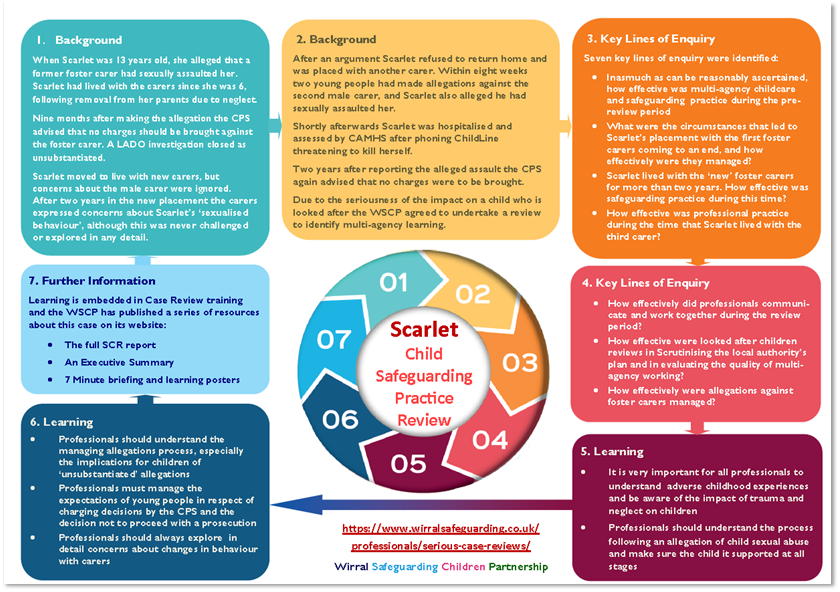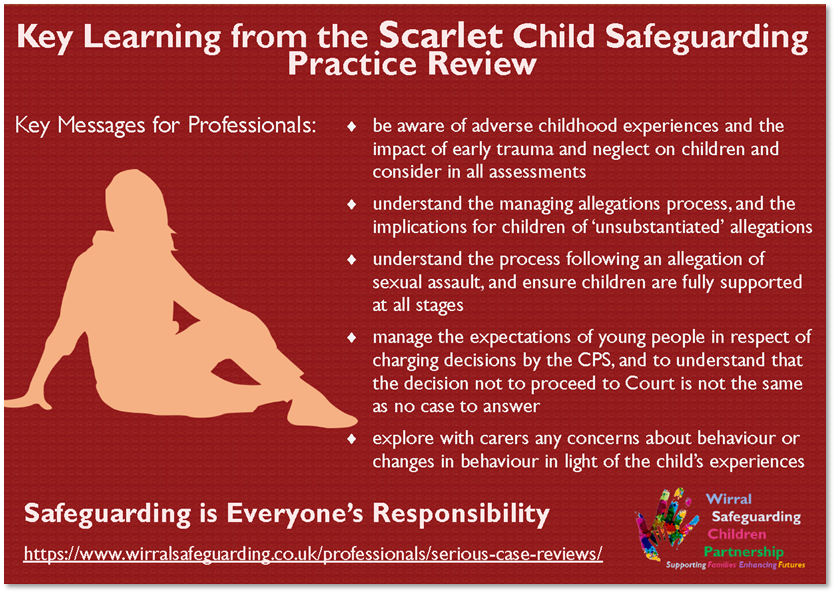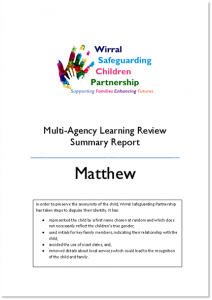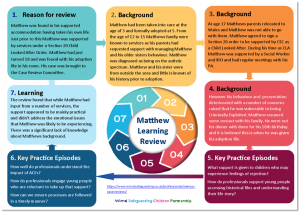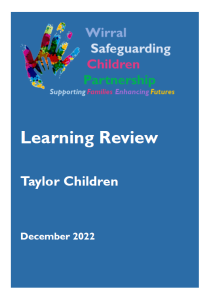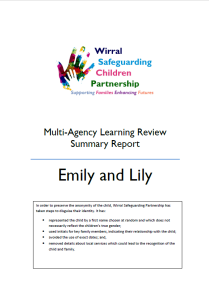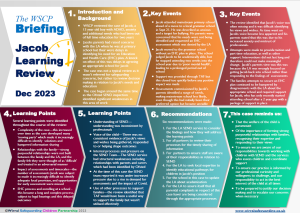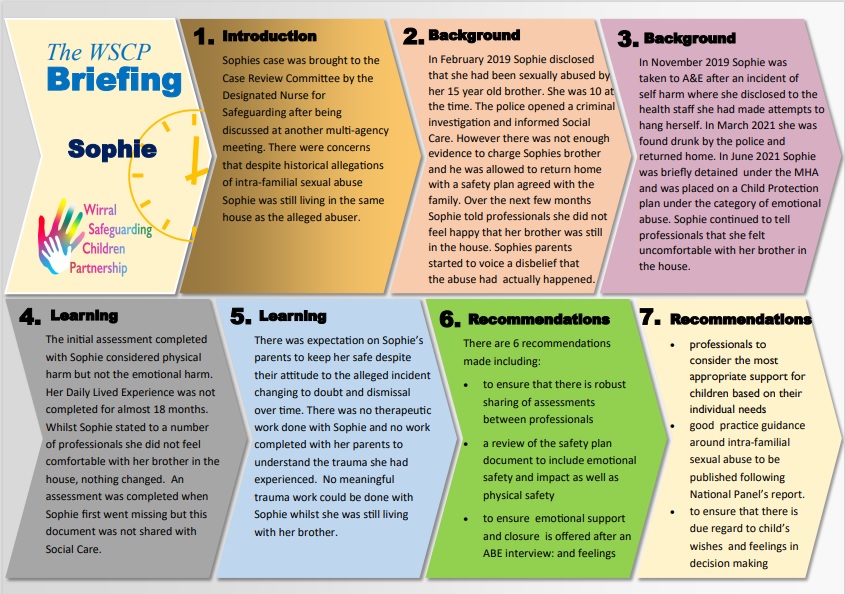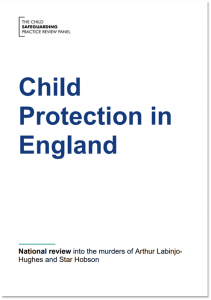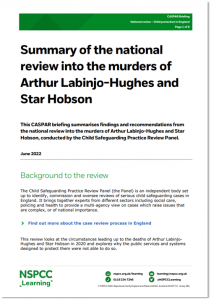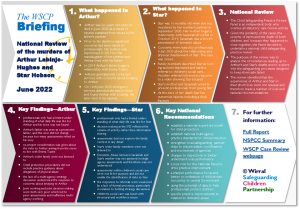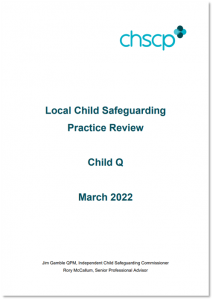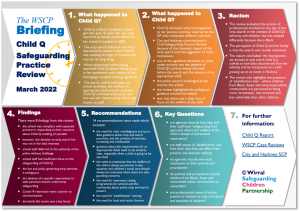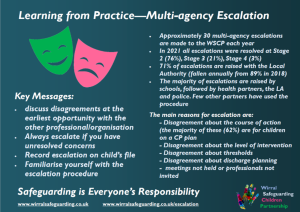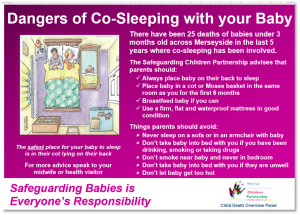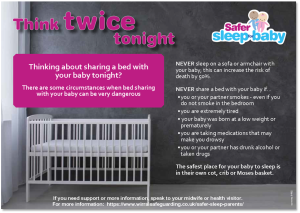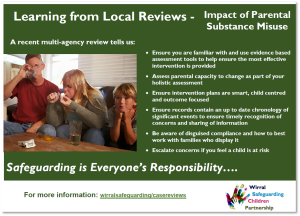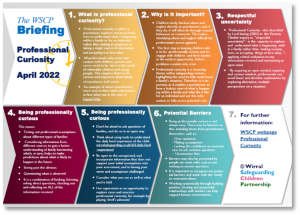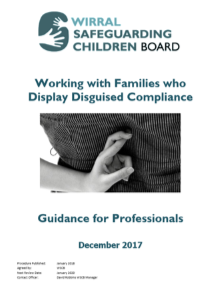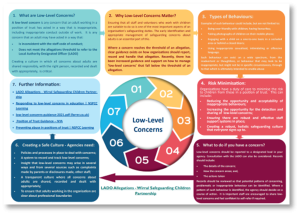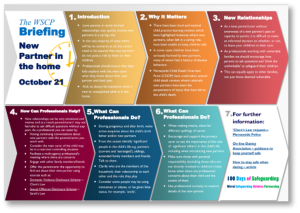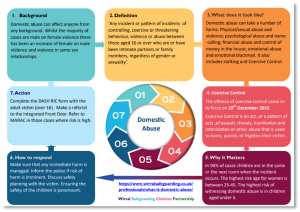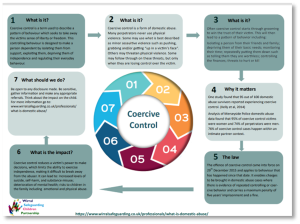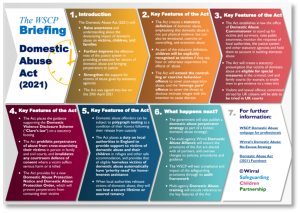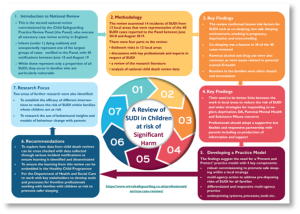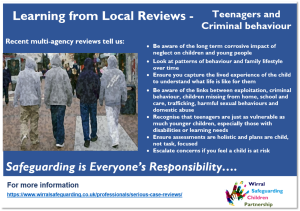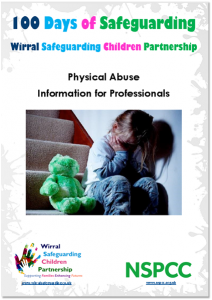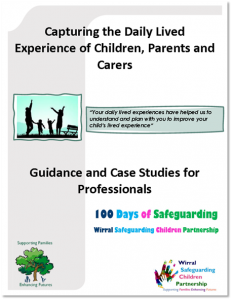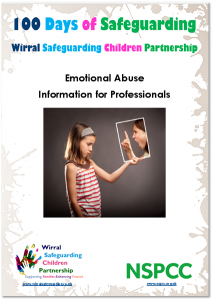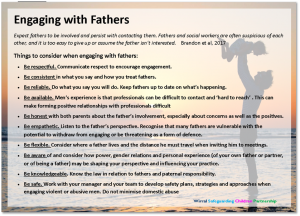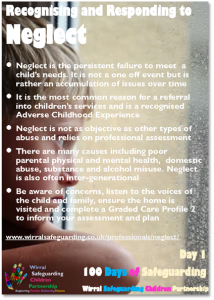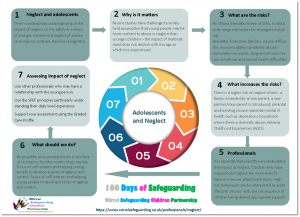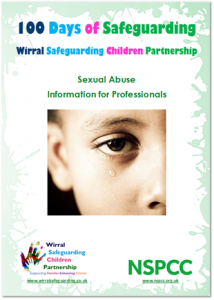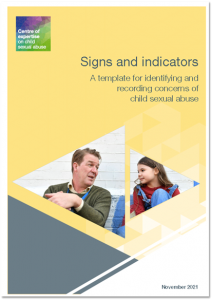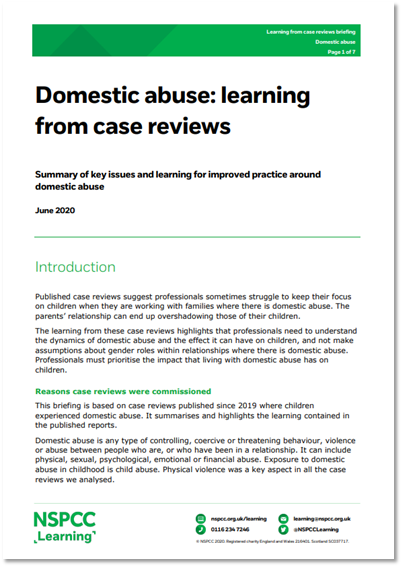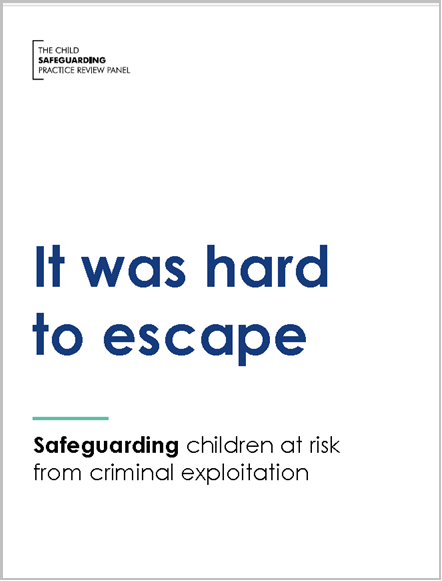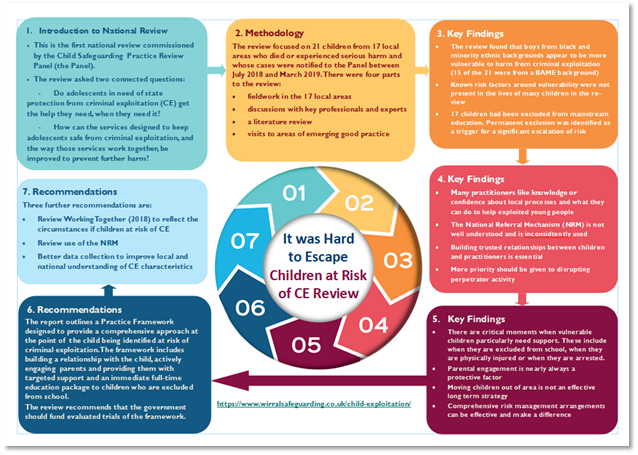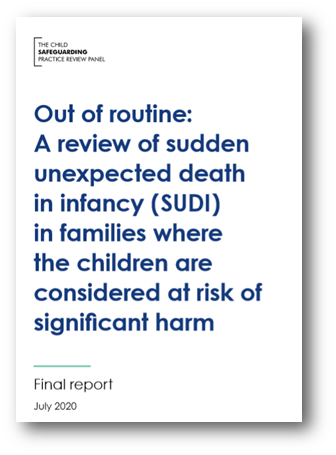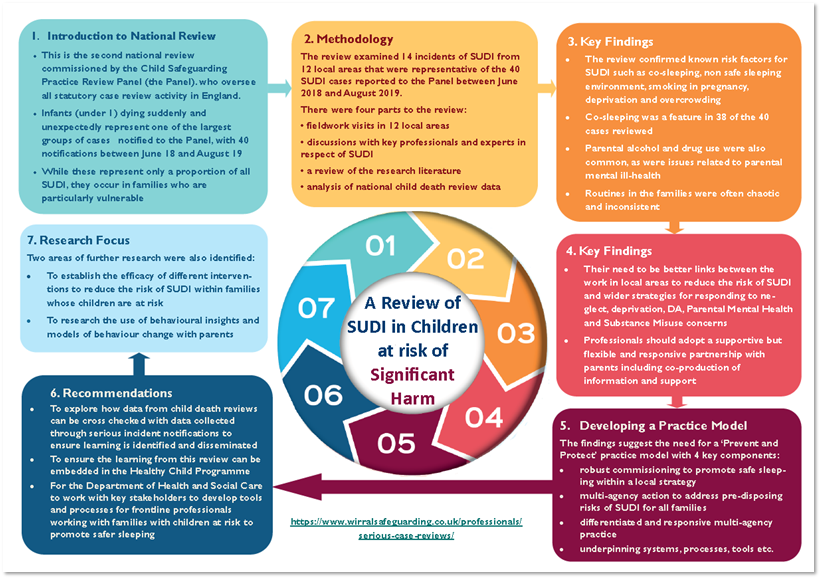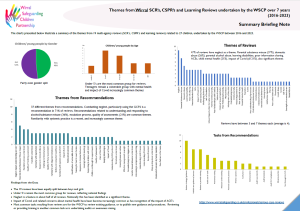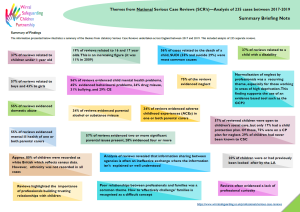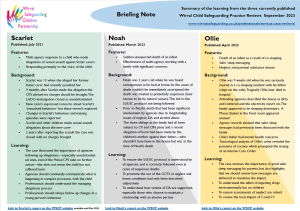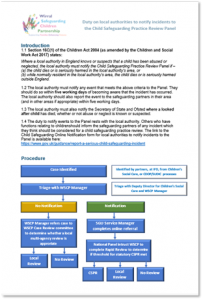Case Reviews
Professionals and organisations protecting children need to reflect on the quality of their services. When things go wrong there needs to be a thorough analysis of what happened and why.
It’s important that lessons can be learnt and services improved to reduce the risk of future harm to children. When a child has been seriously harmed or died, and abuse or neglect is suspected or known to have happened, and there are concerns about the way agencies worked together, then the Wirral Safeguarding Children Partnership (WSCP) will undertake a Child Safeguarding Practice Review (CSPR) in line with Working Together 2018.
Other cases which do not meet the criteria, but were significant learning is likely may be reviewed as local learning reviews.
Findings and recommendations from CSPR’s will usually be published in full in a report, which will be publicly available on this website. A learning summary for local reviews is usually published. Learning will stay on the website for at least 2 years after publication.
The WSCP will also publish learning from reviews from other areas if that learning is of national significance.
Further information about how the WSCP undertakes statutory reviews and local learning reviews can be found here: https://www.wirralsafeguarding.co.uk/professionals/learning-and-improvement/
Wirral Serious Case and Child Safeguarding Practice Reviews
Child ‘Ollie’ Child Safeguarding Practice Review
The review was published on the 21st April 2023. The review centres on the tragic death of 9 week old baby Ollie who died as a result of injuries accidentally sustained when co-sleeping with a parent on a sofa at home.
Analysis of Ollie’s urine revealed the presence of cocaine which was environmentally present in the house, and appears to have accidentally passed to Ollie via his dummy – many parents will put a dropped dummy in their mouth to clean it before putting it back in their babies mouth, anything present in the parents mouth will be passed to the baby. This highlights the very real dangers to children of recreational or casual drug use by parents in the family home. Even if the use of substances is kept away from the children, they may pick up substances in the home environment as well as having to live with the impact of the parental substance misuse.
The case highlights the absolute importance of having meaningful conversations with parents about safe sleep for babies and infants. There is learning for the safeguarding partnership about how those messages are delivered and understood and this will be explored in the reviews subsequent action plan.
This case also, as other cases has done, identifies the importance for professionals to be professionally curious and challenging when necessary when poor home conditions or other indicators of neglect are visible. The use of the Graded Care Profile 2 is always recommended in cases where neglect may be known or suspected, and can often be a useful mechanism to identify areas of required support which may have otherwise gone unseen.
The case identifies the impact that the Covid-19 pandemic had on families and services and how services need to be away of the ongoing legacy of that for some of our most vulnerable families.
The learning from the review is being taken forward by the safeguarding partnership.
Key learning messages from the review are presented in the learning poster below:
Child ‘Noah’ Child Safeguarding Practice Review
The review was published on the 18th April 2023. This case looks at how well different organisations worked with a family whose children had previously been subject to child protection and child in need plans. In this case the unexpected death of 3 year old Noah at home was treated as potentially suspicious given the family’s history, although it was later concluded that he died from natural causes due to a bacterial infection.
This case has many elements including the response to a sudden death of a child, the effectiveness of multi-agency working in a family with concerns about neglect, domestic abuse, parental conflict and substance misuse, and the impact of the Covid-19 pandemic.
The review does not find failings with multi-agency involvement and does acknowledge the difficulties in working with a family with multiple areas of need and during a pandemic. However, the review does find opportunities for learning, many of which have been taken forward by the safeguarding partnership including the development of a systemic practice relationship based approach to working with families.
Key learning messages from the review are presented in the learning poster below:
Presentation of learning is also included in the WSCP’s Case Review training which can be accessed here.
Child ‘Scarlet’ Child Safeguarding Practice Review
This review was published on the 30th July 2021. This case centres on the multi-agency response to a child who made allegations of sexual assault against foster carers. The review highlights the complexities of cases which are considered by the Courts, the lengthy timescales involved, and how agencies supports a child if Courts do not proceed with a prosecution.
Seven recommendations were made, and all will now be actioned by the WSCP and its partners.
As well as the full report, also published is an Executive Summary, a 7 Minute Briefing and a learning poster.
Video Briefing
A narrated 30 minute briefing about the Scarlet CSPR is also available to watch on the WSCP Virtual Learning Event page (registration required).
Local Multi-agency Learning Reviews
The WSCP also undertakes reviews of cases which do not reach the threshold for a CSPR but are reviewed because the case is likely to provide useful multi-agency learning or the circumstances of the case were unusual. Summaries of these cases are published and the the learning is shared with the partnership and included in WSCP training.
In April 2020 the WSCP made the decision going forwards to refer to all cases (CSPR’s and Learning Reviews) by a name (not the real name) of the child/ren
Matthew – was an 18 year old care leaver who tragically took his own life shortly after his 18th birthday.
Taylor Children – Siblings who suffered multiple injuries perpetrated by their mother’s new partner.
Emily and Lily – Two girls looked after by connected carers. Suspicion of sexual abuse
Jacob – Special Educational Needs and Disabilities (SEND) Learning Review
The WSCP were commissioned by Wirral Council to undertake a review of a non-safeguarding case where a family had struggled to receive the right services at the right time. The review identified a range of learning including:
- Recognising the importance of strong relationship based practice, and locally to ensure that all practitioners receive training in our systemic practice approach
- Ensuring we work co-productively with families and recognise that they are the experts of their own experience
- Ensuring we are all familiar with the SEND Code of Practice, local SEND services in Wirral, and are aware of our responsibilities towards working with children and families with SEND
- Ensuring that the welfare of the child is paramount at all times, and that decision making is informed by rigorous and appropriate assessment
- Ensuring our practice and decision making is justifiable at all times, and to escalate our concerns when necessary
A summary of the findings from the case is included in the 7 minute briefing below:
Sophie – allegation made in regard to sexual abuse perpetrated by her older brother in 2019.
National Reviews and Learning from other areas
Arthur Labinjo-Hughes and Star Hobson National Child Safeguarding Practice Review
The Child Safeguarding Practice Review Panel undertook a national review into the tragic deaths of Arthur Labinjo-Hughes and Star Hobson. Both children had suffered horrific abuse from family members, and in both cases concerns had been raised.
The NSPCC have also published a helpful summary:
WSCP 7 Minute Briefing:
National Review into safeguarding children with disabilities and complex health needs in residential settings
Phase 1 Report:
safeguarding_children_with_disabilities_in_residential_care_homes_phase_1_report
Phase 2 Report:
Safeguarding_children_with_disabilities_in_residential_care_homes_phase_2_report
Bruising in non-mobile infants Panel Briefing 1
National Panel Briefing – Non Mobile Infants
Working with male carers to reduce non-accidental injury to infants under 1 year old – Panel Briefing
briefing-working-with-male-carers-to-reduce-non-accidental-injury-to-infants-under-1
Child Q CSPR
In 2020, Child Q, a Black female child of secondary school age, was strip
searched by female police officers from the Metropolitan Police.
The search, which involved the exposure of Child Q’s intimate body parts, took
place on school premises, without an Appropriate Adult present.
A CSPR was undertaken by City and Hackney safeguarding Partnership and can be accessed here:
The WSCP have also published a 7 minute briefing summarising the Child Q CSPR:
Key Local Learning Messages
Presented below are learning posters and 7 minute briefings with key messages identified from new, ongoing, and recent local reviews.
Also see the emerging themes from reviews across Merseyside
Multi-agency Escalation:
Safer Sleep:
Impact of Parental Substance Misuse:
Professional Curiosity:
See also the pan Merseyside resource.
Disguised Compliance:
Low Level Concerns:
New Partner in the Home:
Domestic Abuse:
Coercive Control:
Domestic Abuse Act 2021:
SUDI Review:
Teenagers and Criminal Behaviour:
Signs of Physical Abuse:
Capturing the Daily Lived Experience:
Signs of Emotional Abuse:
Engaging Fathers:
Recognising and Responding to Neglect:
Adolescents and Neglect:
Signs of Sexual Abuse:
Guidance for Professionals
Learning from Case Reviews
The NSPCC has published a briefing based on case reviews published since 2019 where children experienced domestic abuse. The briefing summarises and highlights the learning contained in the published reports, and can be accessed by clicking the image below:
Learning from National and Local SCR’s/ CSPR’s and Learning Reviews
The Child Safeguarding Practice Review Panel are an independent panel who oversee the statutory case review process. The panel publish both an Annual Review of all case reviews completed but also commissions reviews of national significance. The first of these reviews, about safeguarding children at risk from criminal exploitation – It was Hard to Escape, was published in March 2020 followed by a review of sudden unexpected cases in infancy where children were at risk of significant harm. The reports are available below.
Safeguarding Review Panel Annual Report 2018-19
It was hard to escape 7 Minute Briefing:
SUDI Review 7 Minute Briefing:
The next National Review is about Non-accidental injury in children under 1. The review and 7 minute briefing will be published here in the autumn.
NEW
Learning from local case reviews (2016-23)
The briefing below details the findings, themes and recommendations from 19 statutory and local reviews undertaken by the WSCP between 2016 and 2023.
National Findings from Serious Case Reviews
The briefing below is a summary of 20 key points from an analysis of 235 Serious Case Reviews undertaken between 2017 and 2019, drawn from the Department for Education Publication: Learning for the future: final analysis of serious case reviews, 2017 to 2019, published in December 2022.
Summary of the 3 Currently Published WSCP CSPR’s
The summary briefing note provides a quick summary of the background to, and learning from the Scarlet, Noah and Ollie CSPR’s
Chronologies
When deciding whether to initiate a statutory review, the WSCP will always gather together chronologies of involvement by individual agencies. The WSCP publishes guidance documents to help with completing chronologies:
Chronology Guidance for Agencies
Rapid Review Chronology Guidance for Agencies
Safeguarding Practice Review Panel
The Child Safeguarding Practice Review Panel is responsible for commissioning and supervising reviewers for national child safeguarding practice reviews – these will replace Serious Case Reviews as new safeguarding arrangements take effect.
The purpose of a national child safeguarding practice review is to identify any improvements that should be made by safeguarding partners or others to safeguard and promote the welfare of children.
Duty on Local Authorities to refer Serious Incidents
Local Authorities are required to notify the Child Safeguarding Practice Review Panel of incidents where they know or suspect that a child has been abused or neglected and:
- the child dies or is seriously harmed in the local authority’s area; or
- while normally resident in the local authority’s area, the child dies or is seriously harmed outside England.
These notifications should be made within five working days of the local authority becoming aware of the incident.
Local authorities should use the DfE’s online notification system to notify the Panel.
LA’s are also required to report the incident, within the same five working days, to the relevant Safeguarding Partnership.
The procedure for notifications is detailed here:
Notifying the WSCP about Serious Safeguarding Incidents
A serious safeguarding incident -also known as a notifiable incident- occurs if a child dies or is seriously harmed, and abuse or neglect is known or suspected. All professionals and organisations are required to immediately inform the Local Authority and the WSCP if they become aware of any incidents which meet this criteria.
Please use the form below to notify us of serious incidents. Please note completing the form does not replace following your usual safeguarding process.
Serious incidents that meet the statutory threshold will trigger a rapid review of the case to determine if a statutory Child Safeguarding Practice Review (CSPR) should be completed.
Referring Cases for consideration for a Learning Review
All agencies and professionals in the WSCP partnership can refer cases to be considered for a multi-agency learning review (these are reviews below the CSPR threshold, but where multi-agency learning is likely). Before a referral is made the professional should discuss the case with their safeguarding lead. Professionals can also consult about potential referrals with the WSCP Business Manager ([email protected]).
Referrals are made using the Case Referral Form (available below). Completed Forms should be emailed to:

